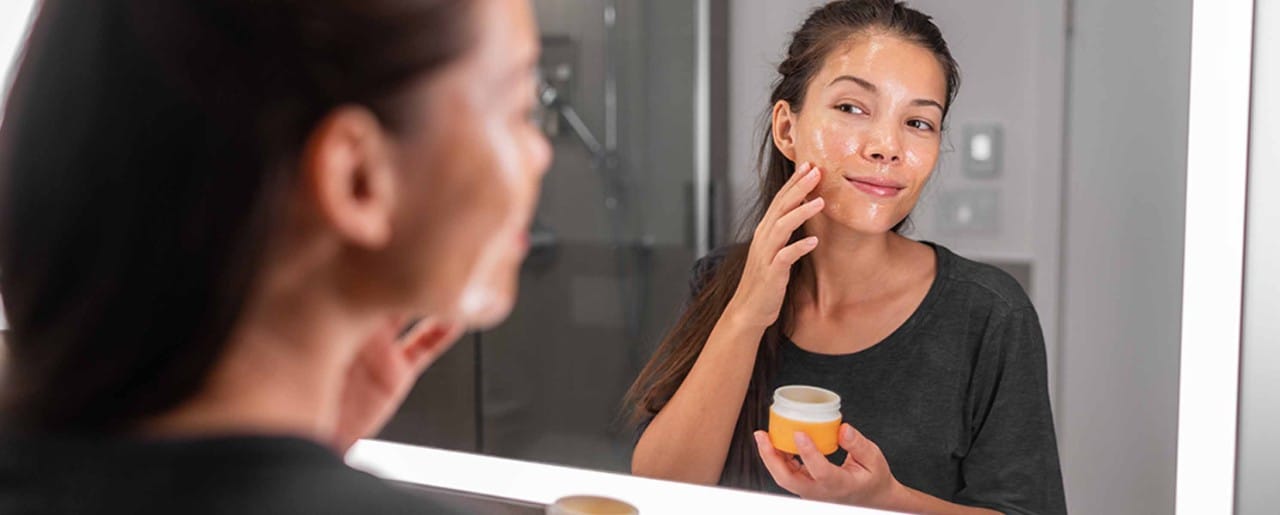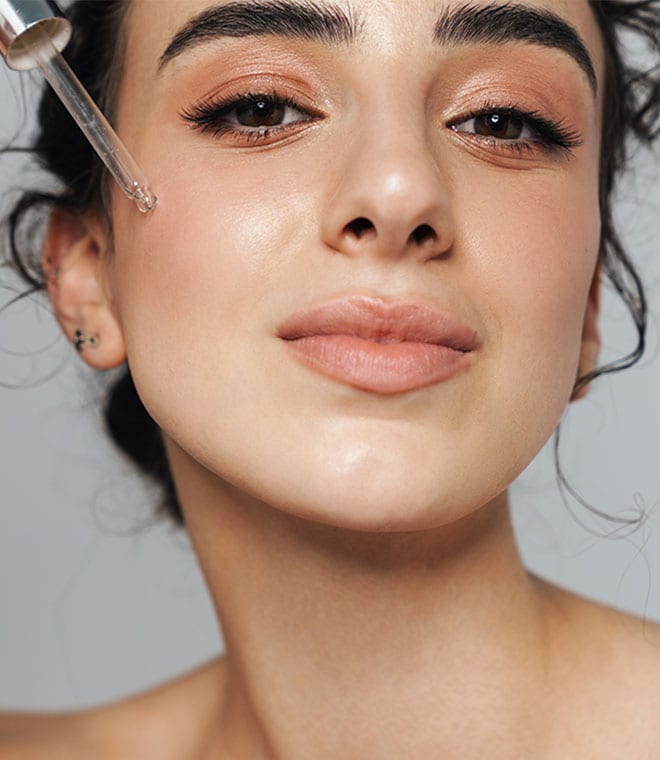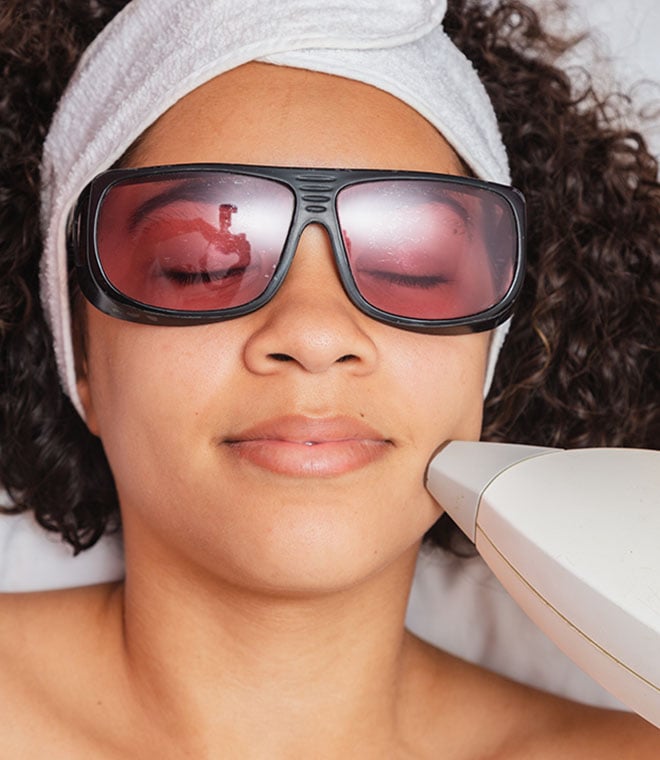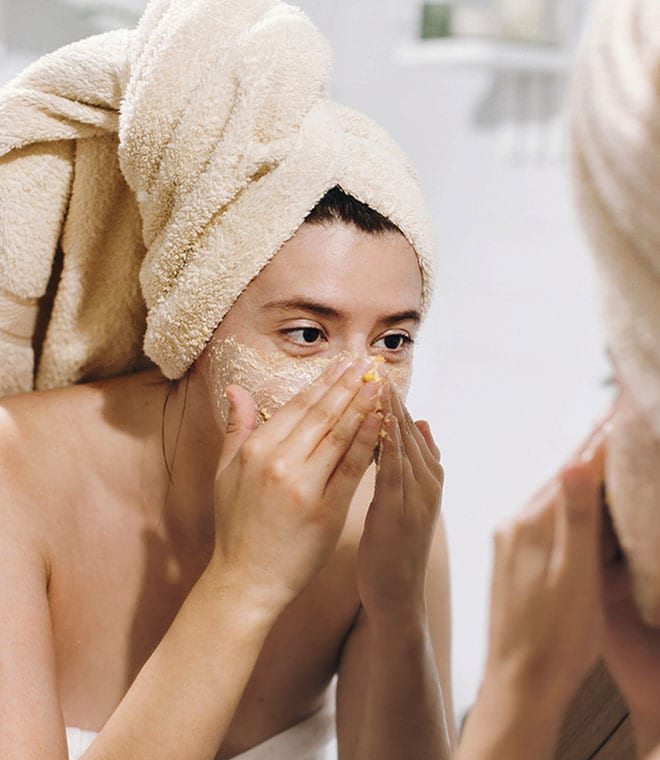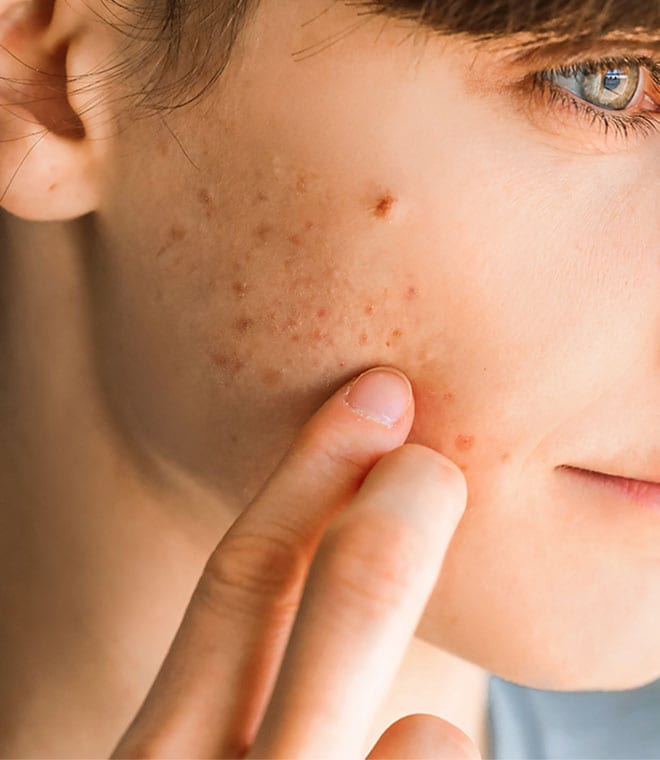Beauty
What does retinol do?
By Dr. Anna H. Chacon, MD, Fellow of the American Academy of Dermatology May 24, 2022 • 5 min
Retinoids, a class of medications derived from vitamin A, are a popular option for anti-aging skin care, as well as a treatment for various skin conditions.
Retinol is a retinoid that is widely used to treat acne, psoriasis, aging and some skin cancers.
What is retinol?
Retinol is one of a number of chemicals known as retinoids. There are many benefits of retinol. Retinol products can help regulate the growth of new skin cells and reduce inflammation. They also help address damage caused by sun exposure. Retinol is found in a variety of skin care products, including retinol cream and retinol serum.
What does retinol do for your skin?
Retinol is most commonly used to reduce the appearance of wrinkles, age spots and hyperpigmentation (dark spots) on the skin. It can also be an effective treatment for mild to moderate acne, helping to reduce breakouts by unclogging pores.
Some retinoids are only available by prescription, which you can get from your dermatologist. Prescription retinoids are for more severe skin conditions. Other types of retinoids are available over the counter in weaker concentrations to address a range of skin concerns.
Retinoids available over the counter and by prescription in higher concentrations include:
- Retinol, which treats acne, age spots, fine lines and hyperpigmentation. The strongest retinol concentration for over-the-counter products is 2%, but even very low concentrations, as low as 0.02%, can be highly effective for many people.
- Adapalene, which is typically used only to treat acne
Retinoids that require a prescription include:
- Tretinoin, the most commonly used topical retinoid to treat acne. This is the most potent retinoid, and it's also widely used to treat visible sun damage on the skin.
- Tazarotene, which treats acne and psoriasis
- Alitretinoin, which treats Kaposi's sarcoma
- Bexarotene, which treats cutaneous T-cell lymphoma
Retinol and other retinoids commonly come in the form of creams and serums. Retinol cream typically comes in an oil-based formulation that helps keep skin moisturized. Retinol serum tends to be much lighter weight than retinol cream.
In general, retinoid products are applied to the skin once a day, ideally around 20 to 30 minutes after cleansing your face at night.
How does retinol work?
When you apply a topical retinoid, it improves the production of collagen by interacting with the naturally occurring retinoic acid and retinoid X receptors in the nucleus of the skin cells. These receptors block inflammation and increase the production of procollagen, the protein that precedes the production of collagen.
Is retinol safe?
Yes, retinol is generally safe, but people who have dry skin or skin allergies may experience side effects, which can be serious. Additionally, retinol can increase your sensitivity to the sun, so dermatologists recommend you use retinol products at night. You should always apply sunscreen during the day when using any type of retinoid, even if you are using the retinoid at night.
Common side effects of using retinoids are usually minor at low concentrations, but at higher concentrations they can cause more significant side effects, including:
- Excessively dry skin
- Redness of the skin
- Scaling
- Stinging
- Itching
More serious side effects have been found to affect fewer than 10% of people who use retinoids. These side effects may include:
- Discoloration of the skin
- Sensitivity to UV light
- Acne flare-ups
- Eczema flare-ups
- Swelling
- Blistering
If you've never used retinol, start with the lowest concentration you can find, and use it every other night. If your skin doesn't react, you can slowly increase the frequency of use until you're using it daily. If your skin does react, stop using the product and talk to your dermatologist.
People who have darker skin can use retinoids, including retinol, but in some cases the products may cause hyperpigmentation. It's important to start using retinol slowly. Start by using it every other night, and if no negative effects occur, increase use until you're using it every day.
It is generally recommended that use of topical retinoids be avoided during pregnancy.
If you aren't sure whether you should use a product with retinol, talk to your dermatologist, who can help you decide if it's a good choice for you and what type of retinoid might be best for your skin.
Published May 2022.
